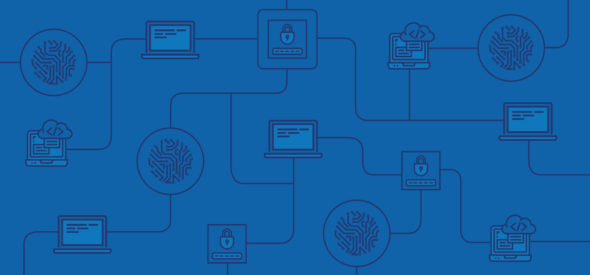PUEDA Conversatory: Challenges faced by government, private sector, and academia
On September 23, the Association for Civil Rights (ADC) brought together representatives of government, the private sector, and academia in a virtual meeting held within our PUEDA campaign. The purpose was to discuss “Digital accessibility from a Latin American perspective – Regional challenges and experiences.” The event, which already has more than 300 views, was moderated by Emiliano Naranjo, a referent in inclusive education and member of the PUEDA collaboration table, and met digital accessibility standards such as live subtitling and simultaneous sign language interpretation from Argentina, Chile, and Colombia.
At first, Juan Pablo Salazar Hoyos, a leader in transparency, Open Government, and Accessibility of the Colombian Ministry of IT and Communications presented “Digital Government”, an initiative that helps public agencies deliver more efficient services and engage citizens in the improvement of procedures through digital technology. In this regard, Salazar Hoyos stated: “Resolution 1519/2020 establishes that nearly five thousand public agencies adopt digital accessibility criteria. This also applies to the organizations interacting with government: universities, service providers, chambers of commerce.”
On behalf of the private sector, Guillermo Paz, frontend Sr. Expert at Mercado Libre, mentioned that digital barriers in their products became evident after lockdown measures were decreed during the pandemic, and this led the company to revise their training processes and work teams. “The first step is to address and understand the problem, so as to start building experience and accessible interfaces from that point,” he said.
Álvaro Besoaín Saldaña, a kinesiologist from the University of Chile who works on the development of participatory co-design methods, introduced the accessibility program of the Núcleo de Desarrollo Inclusivo (Inclusive Development Hub), through which they promote political participation and the defense of rights. In his presentation, he reinforced the need to approach accessibility from a rights perspective and remarked that participation “must be part of the design and the process, not only a means of subsequent verification.” This entails a substantial change because “it questions the way things are done”.
The meeting was opened by María Sol Abichain, ADC and PUEDA campaign member. In closing, Emiliano Naranjo reflected: “Conceiving digital accessibility as a right means there are different responsibilities at each level, and it should not be examined in terms of cost. In this sense, government, the private sector, and academia have different responsibilities but must build a sense of justice together.” He then concluded, “We must understand that we all have rights. It is from the dignity that the exercise of rights gives us that we learn to live together beyond our differences and similarities”.
Relive the conversatory “Digital accessibility from a Latin American perspective – Challenges faced by government, private sector and academia” here.

